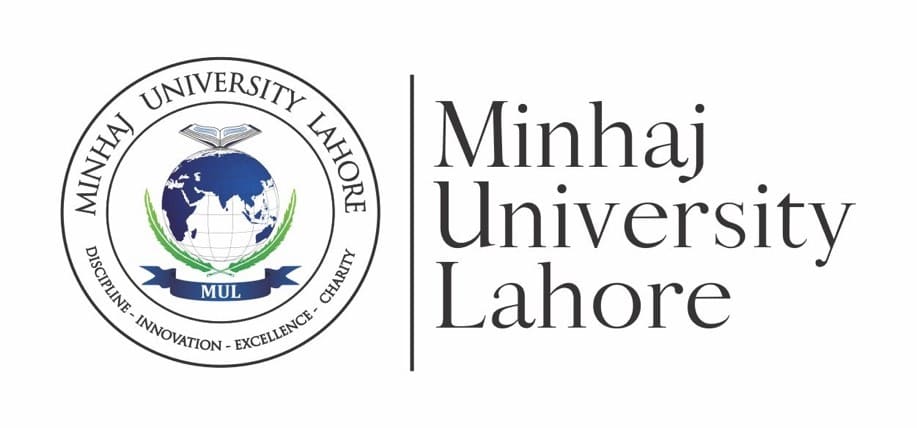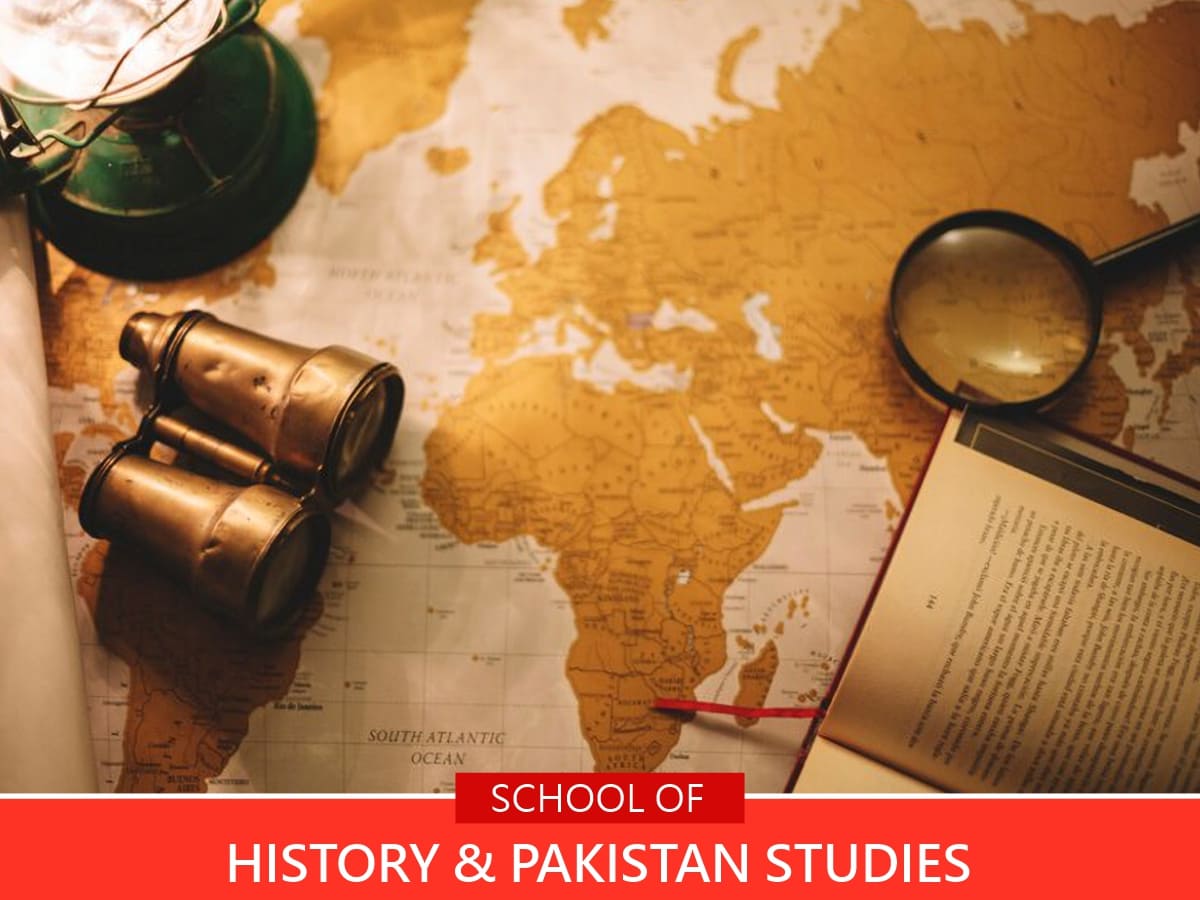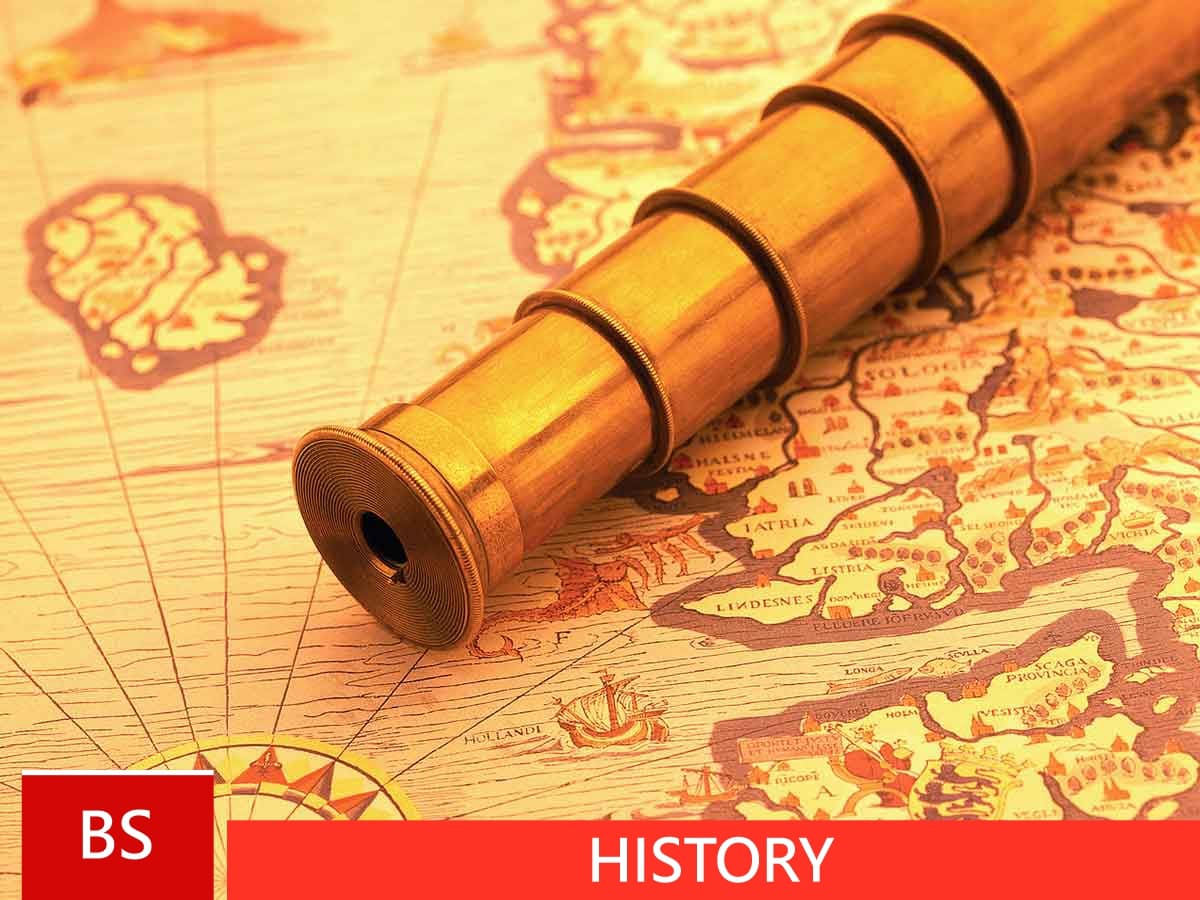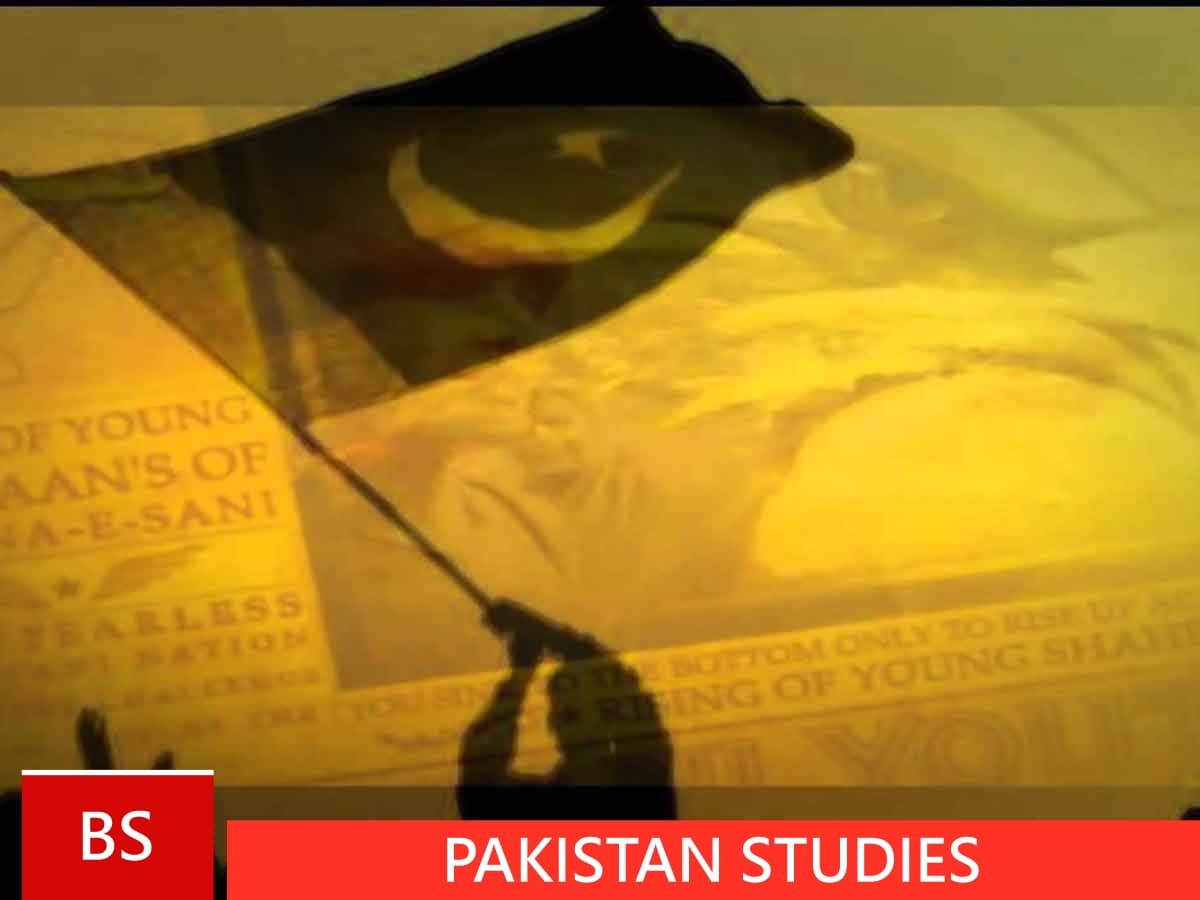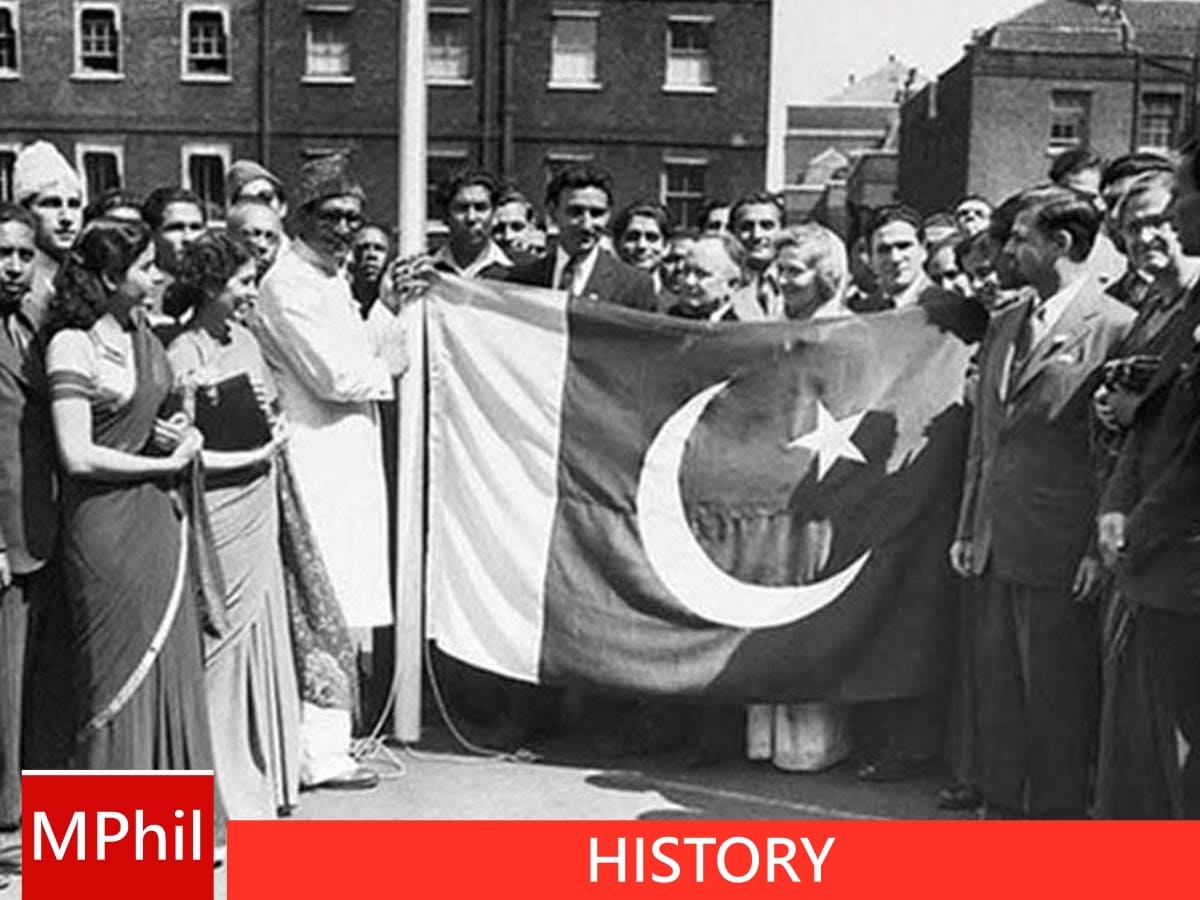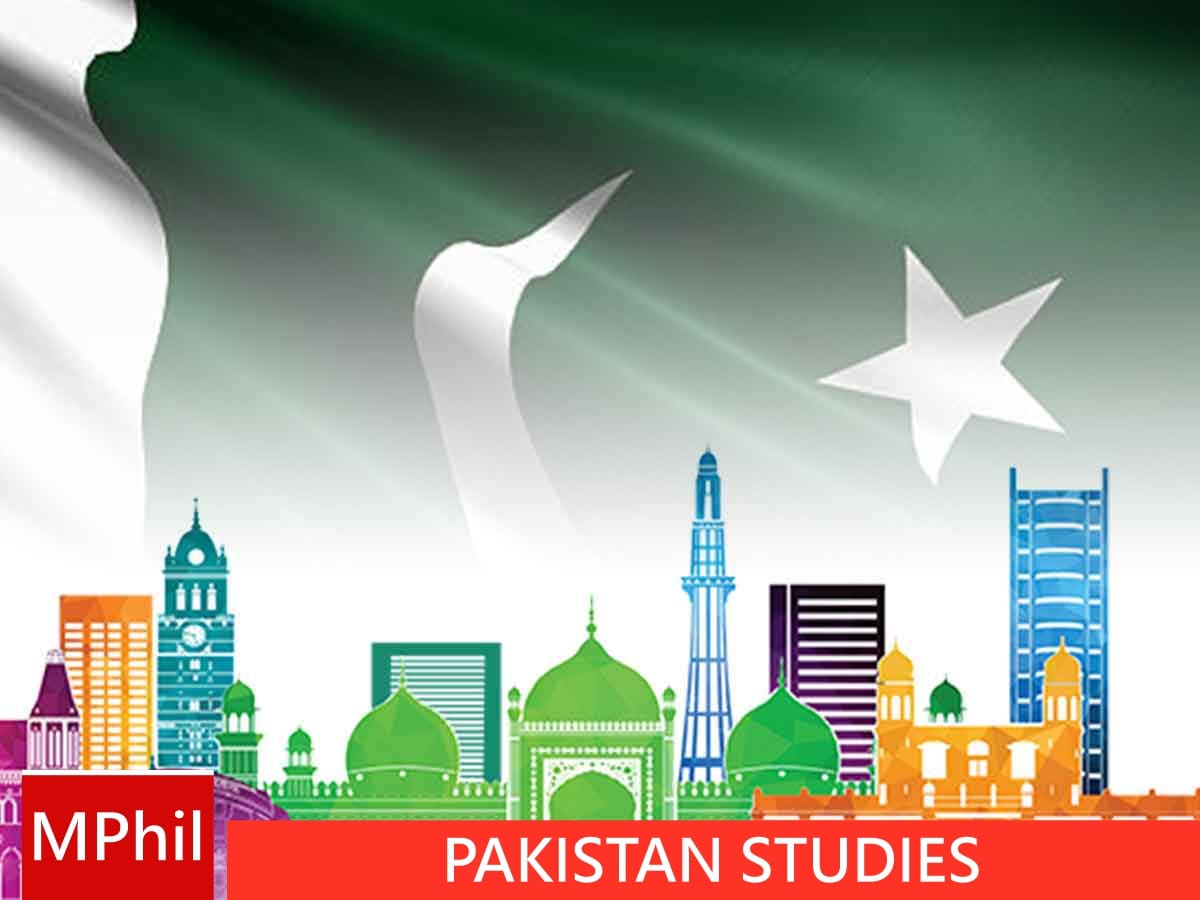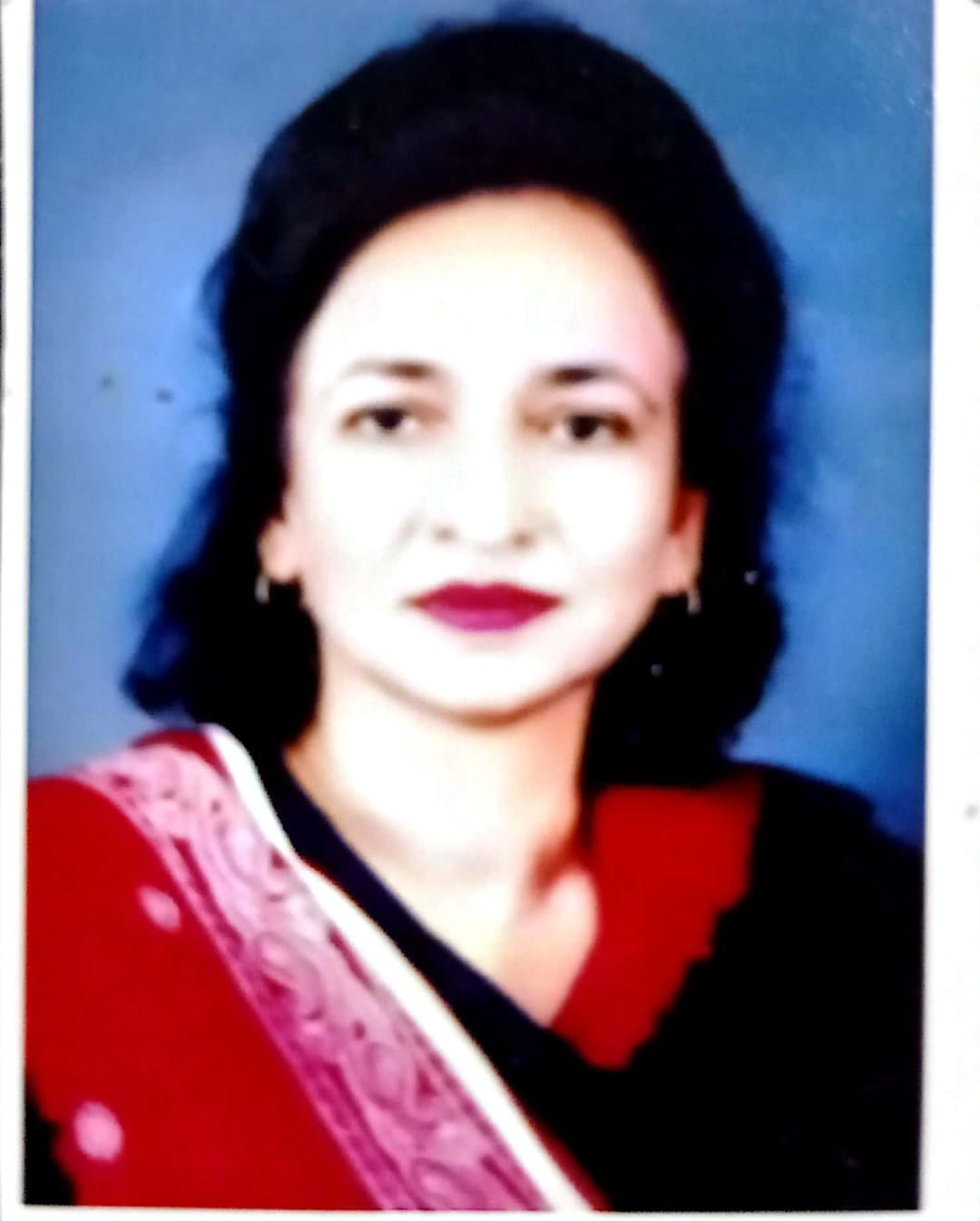Dr. Zahida Suleman
The world has passed through transformational phases of evolution and record of this development is called History. Historical knowledge on the testimony of past becomes fundamental method to resolve issues and problems of society and provide a vision for the future development of human society. That base makes history a vibrant & epistemologically essential discipline. To fulfill this role, the School provides quality education to its students and has a competent faculty on its board which is striving hard for the fulfillment of an important need of providing genuine information and guidance to the seekers of knowledge as well as researchers, on the history, land and people of Pakistan As head of the School I am committed to your success. I and my team provide mentorship, guidance, and support as you navigate through your academic journey. We are invested in your growth and are here to help you to unlock your full potential. I, professor Dr, Zahida Suleman being the Head of School cordially welcome you to the School of History& Pakistan Studies.
